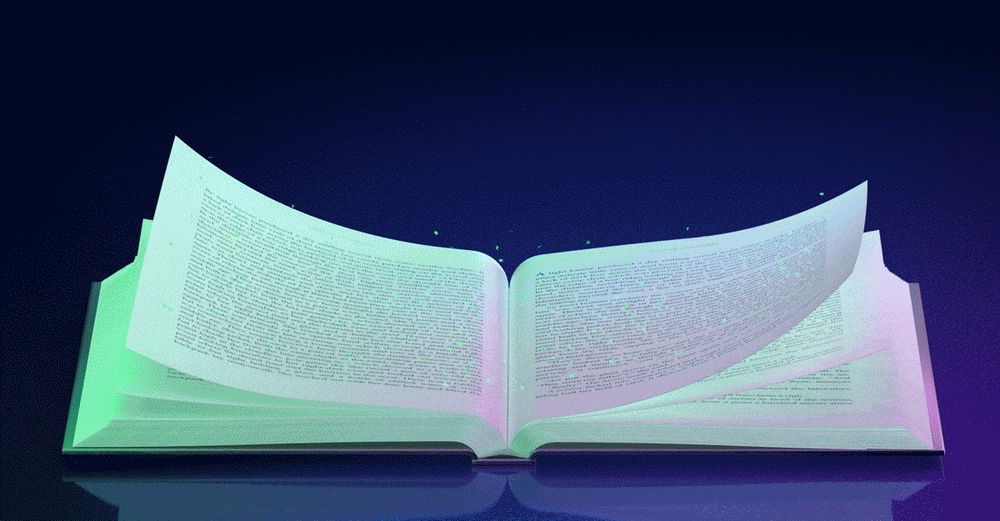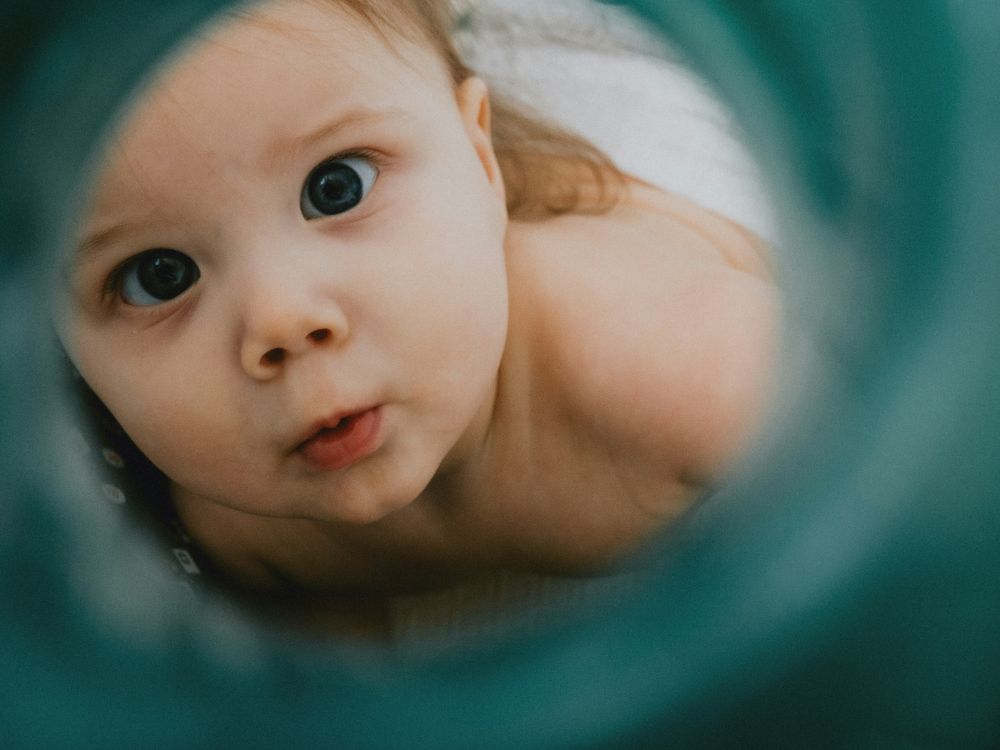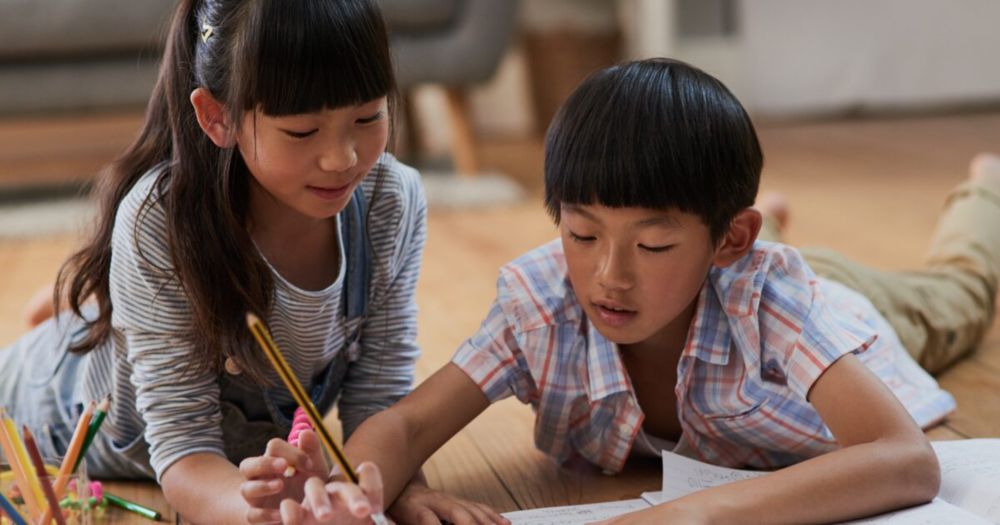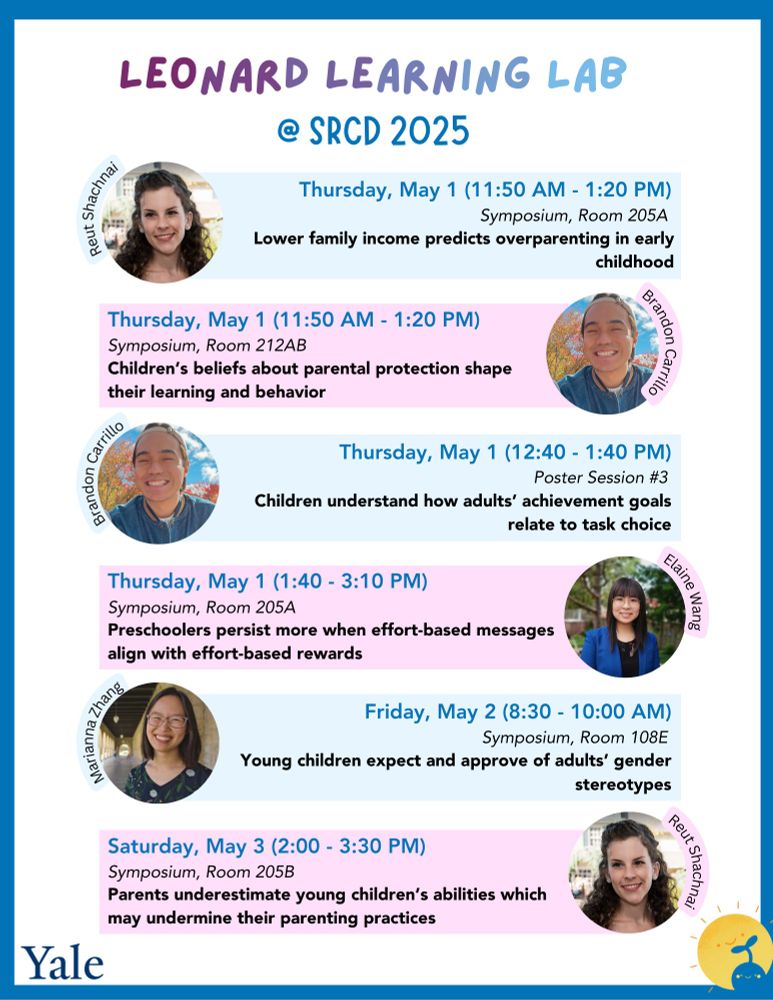

journals.sagepub.com/doi/10.1177/...
Despite good intentions, help isn’t always beneficial for children, says Meeri Kim. #ChildDevelopment boldscience.org/when-helping...

Despite good intentions, help isn’t always beneficial for children, says Meeri Kim. #ChildDevelopment boldscience.org/when-helping...
Interview 👇met NEMO-kennislink over ons onderzoek (met Eddie Brummelman @kidlab.bsky.social )waarin we zagen dat hulp er toe kan leiden dat kinderen zich minder competent voelen en minder gemotiveerd raken.
www.nemokennislink.nl/publicaties/...

Interview 👇met NEMO-kennislink over ons onderzoek (met Eddie Brummelman @kidlab.bsky.social )waarin we zagen dat hulp er toe kan leiden dat kinderen zich minder competent voelen en minder gemotiveerd raken.
www.nemokennislink.nl/publicaties/...
Interview 👇met NEMO-kennislink over ons onderzoek (met Eddie Brummelman @kidlab.bsky.social )waarin we zagen dat hulp er toe kan leiden dat kinderen zich minder competent voelen en minder gemotiveerd raken.
www.nemokennislink.nl/publicaties/...

Interview 👇met NEMO-kennislink over ons onderzoek (met Eddie Brummelman @kidlab.bsky.social )waarin we zagen dat hulp er toe kan leiden dat kinderen zich minder competent voelen en minder gemotiveerd raken.
www.nemokennislink.nl/publicaties/...





@eadp.bsky.social @eadperu.bsky.social

@eadp.bsky.social @eadperu.bsky.social
Academics:
1. Check if your work is in LibGen at www.theatlantic.com/technology/a...
2. If so, let the lawyers know at www.lieffcabraser.com/anthropic-au...
As settlement approaches, make it easy for the class action lawyers to contact you! Here’s how
Part 1: is your work in Libgen?
www.theatlantic.com/technology/a...

Academics:
1. Check if your work is in LibGen at www.theatlantic.com/technology/a...
2. If so, let the lawyers know at www.lieffcabraser.com/anthropic-au...
The Toronto Early Cognition Lab (@UofT) is hiring a postdoc to study early optimism in infants & young children.
Work w/ multi-method approach, amazing undergrads & grads.
Start: Fall 2025 or later.
Details: jessica.sommerville@utoronto.ca
RTs appreciated 💫

The Toronto Early Cognition Lab (@UofT) is hiring a postdoc to study early optimism in infants & young children.
Work w/ multi-method approach, amazing undergrads & grads.
Start: Fall 2025 or later.
Details: jessica.sommerville@utoronto.ca
RTs appreciated 💫
Children get help all the time – but how it affects them is unclear. Eddie Brummelman @kidlab.bsky.social and I show that help can lead to negative self-views and reduced motivation in children (even the type of help that we often assume leads to mastery)
👇
doi.org/10.1111/cdev...
Children get help all the time – but how it affects them is unclear. Eddie Brummelman @kidlab.bsky.social and I show that help can lead to negative self-views and reduced motivation in children (even the type of help that we often assume leads to mastery)
👇
doi.org/10.1111/cdev...
Children get help all the time – but how it affects them is unclear. Eddie Brummelman @kidlab.bsky.social and I show that help can lead to negative self-views and reduced motivation in children (even the type of help that we often assume leads to mastery)
👇
doi.org/10.1111/cdev...
Children get help all the time – but how it affects them is unclear. Eddie Brummelman @kidlab.bsky.social and I show that help can lead to negative self-views and reduced motivation in children (even the type of help that we often assume leads to mastery)
👇
doi.org/10.1111/cdev...
Jellie Sierksma tells Annie Brookman-Byrne about her research uncovering the potential negative consequences of children’s prosocial behaviour. #EdChat boldscience.org/helping-chil...

Jellie Sierksma tells Annie Brookman-Byrne about her research uncovering the potential negative consequences of children’s prosocial behaviour. #EdChat boldscience.org/helping-chil...
Eddie Brummelman, Nienke van Atteveldt, Sharon Wolf, and Jellie Sierksma share tips for creating school environments that help pupils fulfill their potential. boldscience.org/how-can-educ...

Eddie Brummelman, Nienke van Atteveldt, Sharon Wolf, and Jellie Sierksma share tips for creating school environments that help pupils fulfill their potential. boldscience.org/how-can-educ...

boldscience.org/how-can-educ...

boldscience.org/how-can-educ...
boldscience.org/how-can-educ...

boldscience.org/how-can-educ...
#SRCD2025

#SRCD2025



journals.sagepub.com/doi/10.1177/...

journals.sagepub.com/doi/10.1177/...

boldscience.org/childrens-aw...

boldscience.org/childrens-aw...

